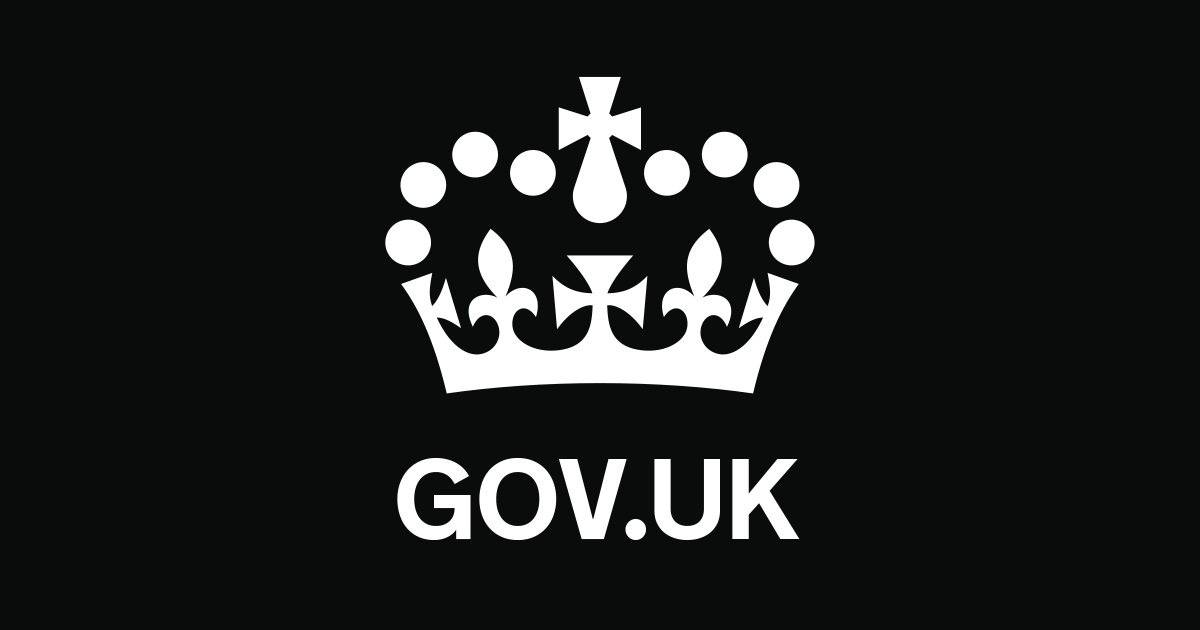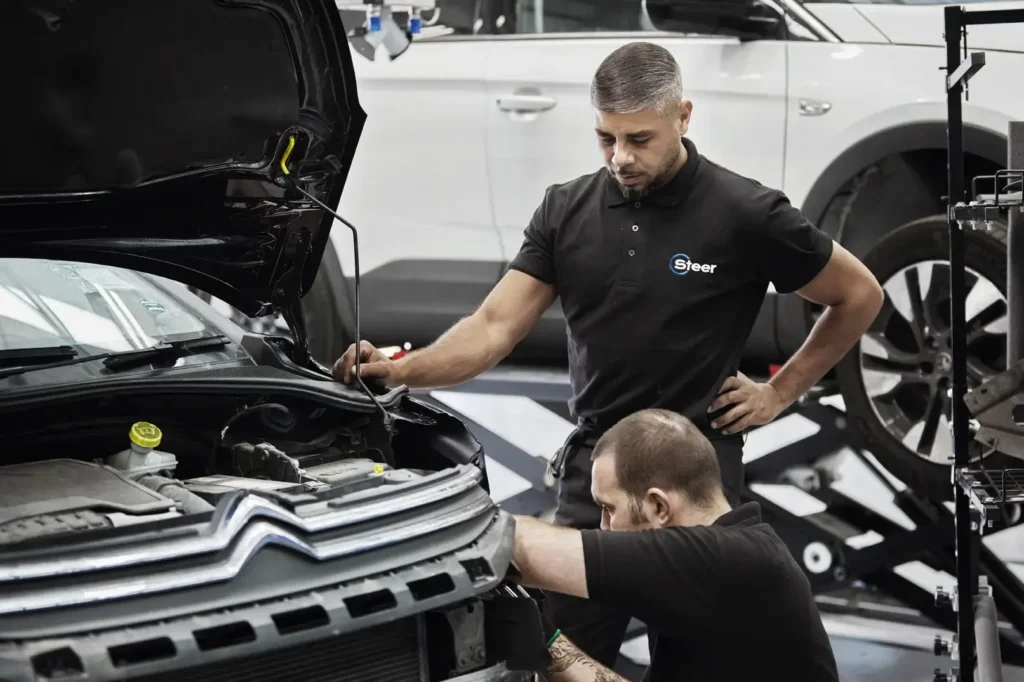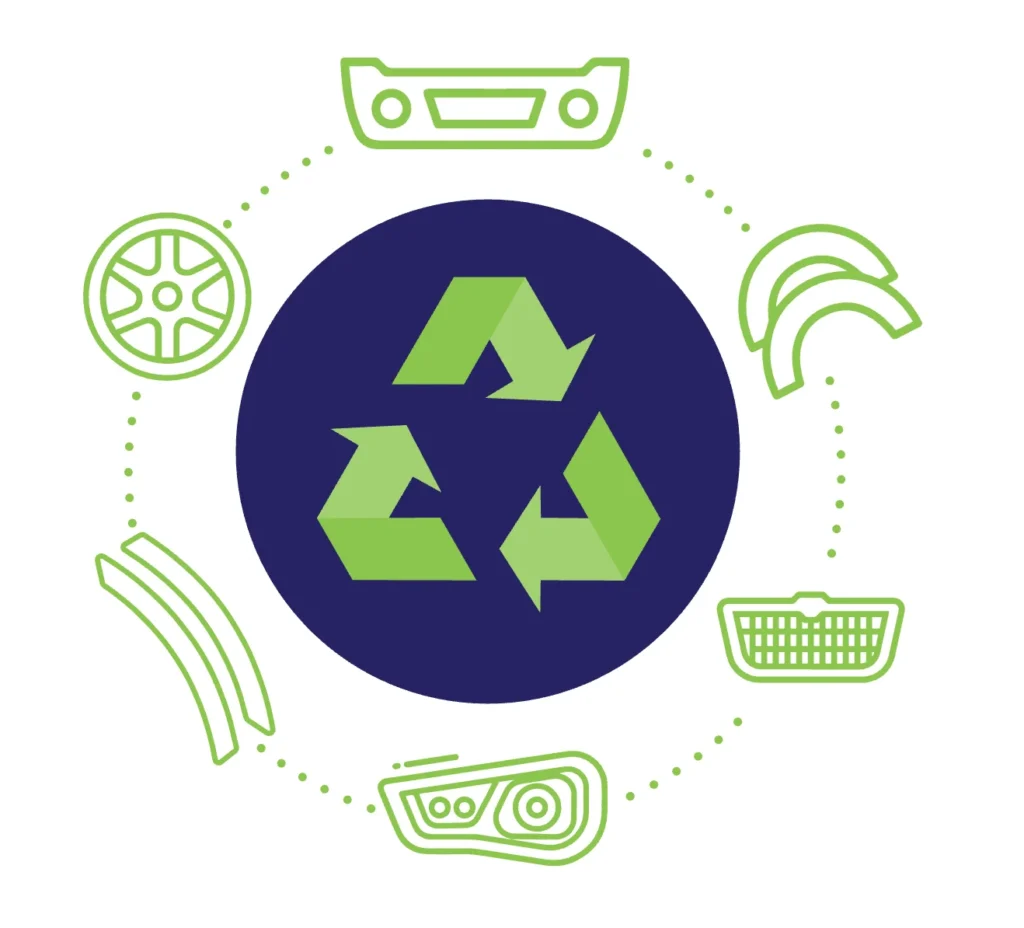[vc_row type=”in_container” full_screen_row_position=”middle” column_margin=”default” scene_position=”center” text_color=”dark” text_align=”left” overlay_strength=”0.3″ shape_divider_position=”bottom” bg_image_animation=”none”][vc_column column_padding=”no-extra-padding” column_padding_position=”all” background_color_opacity=”1″ background_hover_color_opacity=”1″ column_link_target=”_self” column_shadow=”none” column_border_radius=”none” width=”1/1″ tablet_width_inherit=”default” tablet_text_alignment=”default” phone_text_alignment=”default” overlay_strength=”0.3″ column_border_width=”none” column_border_style=”solid” bg_image_animation=”none”][vc_column_text]The Government has responded to the Public Accounts Committee’s report on Low Emission Cars in the form of a treasury minute.
You can read the response in full here, but please see below for a summary of the response.
- PAC Recommendation 1: Departments for Transport and for Business, Energy & Industrial Strategy should set out their plans for managing the complex transition to electric cars and ensure that progress can be monitored against it. They should then regularly report on progress being made towards the 2030 target to phase out new petrol and diesel cars and the associated impact on reducing carbon emissions.
- Govt Response: The government agrees with the Committee’s recommendation.
- Target implementation date: Autumn 2021
- The government recognises the complexity of the transition to electric vehicles (EVs) and the importance of working with stakeholders to ensure that the ambitious 2030 and 2035 phase out dates are achieved. To support this collaboration, and to give greater clarity on the pathway to the phase out dates, The Department for Transport (DfT) published its 2035 Delivery Plan on 14 July 2021 setting out the major milestones towards the phase out dates and committed spending and regulatory measures. The DfT will monitor progress against the plan and report publicly on an annual basis. Further, the DfT will conduct a review of progress towards the phase out dates by 2025.
- The DfT also intends to publish an EV infrastructure strategy in autumn 2021.
- PAC Recommendation 2: The Departments for Transport and for Business, Energy & Industrial Strategy need to have a sufficient understanding of how changes to the vehicle market are impacting, and going to impact, different types of consumers in different parts of the country. Their plan for expanding the number of zero-emission cars on our roads needs to clearly set out how they propose to tackle emerging consumer issues.
- Govt Response: The government agrees with the Committee’s recommendation
- Target implementation date: Autumn 2021.
- The government wants consumers and businesses across the UK to benefit from the transition to ZEVs. The 2035 Delivery Plan set out key commitments, funding and milestones to help achieve the transition, and the EV infrastructure strategy (autumn 2021) will set out the vision and action plan for charging infrastructure roll out. The government is already taking steps to tackle consumer issues.
- The government will continue to work closely with a range of bodies representing consumers and will continue to monitor consumer issues and needs as we move from early to mass market. Departments will continue to make the case for government intervention as necessary at the forthcoming 2021 Spending Review.
- PAC Recommendation 3: The Department for Transport should set out as part of its plan for increasing the use of electric cars, how it intends to address the remaining barriers to expanding the charging network, for example, the availability of chargers where drivers do not have off-street parking.
- Govt Response: The government agrees with the Committee’s recommendation.
- Target implementation date: Autumn 2021
- The DfT’s EV infrastructure strategy (autumn 2021) will set out the vision and action plan for market-led charging infrastructure roll out needed to achieve the 2030 and 2035 phase out dates and to accelerate the transition to a zero emission fleet. Planning and delivery of chargers for drivers without off-street parking will be a key focus of the strategy.
- The government is also working closely with local authorities, encouraging uptake of central government funding and ensuring more widespread regional and local action on the provision of chargepoint infrastructure.
- To share good practice, the DfT has commissioned a guide for local authorities on implementing EV infrastructure in their areas and government has funded the Energy Saving Trust to run a programme to support English local authorities develop strategies to increase the adoption of EVs and promote low carbon travel.
- As above, departments will continue to make the case for government intervention as necessary at the forthcoming 2021 Spending Review.
- PAC Recommendation 4: The Departments for Transport and for Business, Energy & Industrial Strategy should set out their approach to encouraging car manufacturers to maintain proper environmental and social standards throughout their supply and recycling chains as zero-emission cars volumes grow
- Govt Response: The government agrees with the Committee’s recommendation.
- Target implementation date: Winter 2022
- The government is aware of the social, environmental and supply concerns surrounding the mining of raw materials for EV batteries. The vehicle manufacturing industry is global, and as such the government is collaborating internationally on guidance and governance programmes. The government is working to address these concerns in three main ways:
- Technology and recycling
- International collaboration and guidance
- Responsible sourcing and governance programmes
- Given the global nature of the automotive industry, the government has no plans to unilaterally set standards.
- PAC Recommendation 5: The Departments for Transport and for Business, Energy & Industrial Strategy need to work with other departments to consider the practical implications of the transition to zero-emission cars. They should set out in their plan how they are going to manage the wider societal impacts of phasing out new diesel and petrol cars, for example, retraining the UK workforce, the impact on power generation and transmission, and implications for the UK tax take.
- Govt Response: The government agrees with the Committee’s recommendation.
- Target implementation date: Spring 2023
- The government is taking action to address the practical implications of the transition to electric cars. The DfT’s 2035 Delivery Plan sets out at a high-level industry-led action being taken on skills and plans for managing the impacts on the electricity system but will not cover taxation.
[/vc_column_text][/vc_column][/vc_row]




